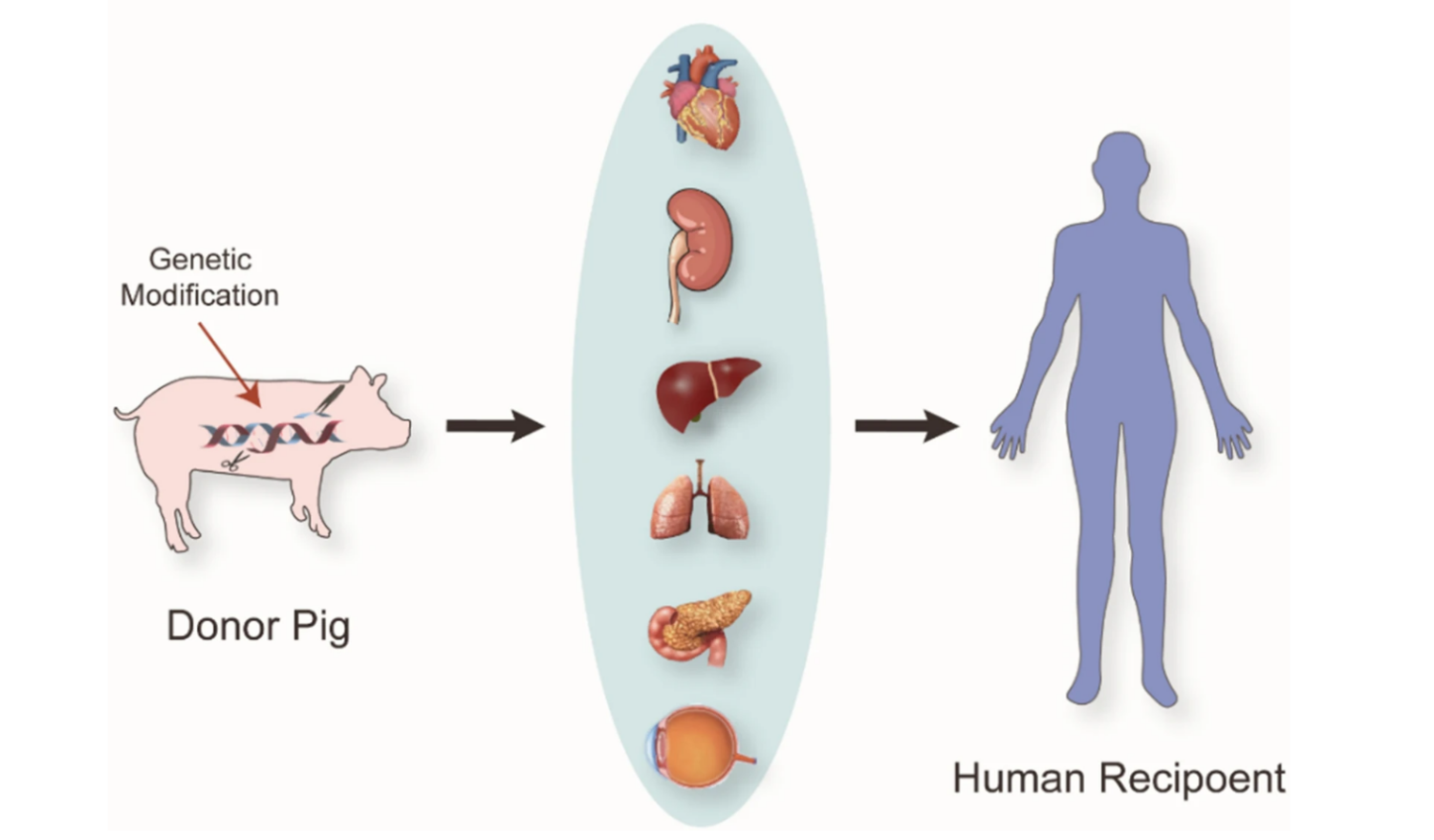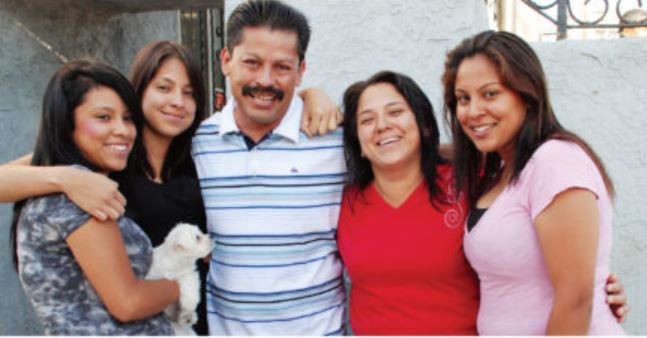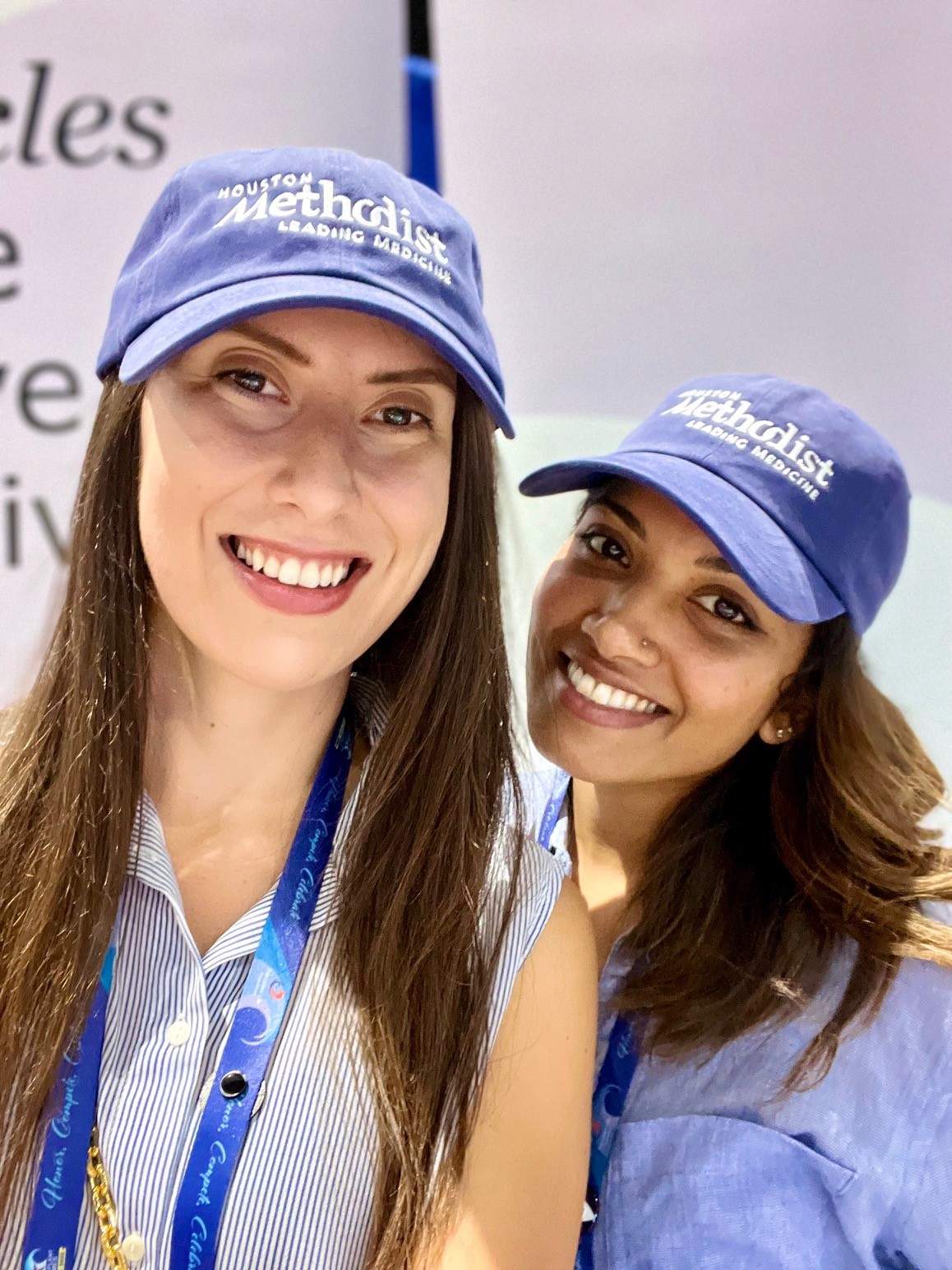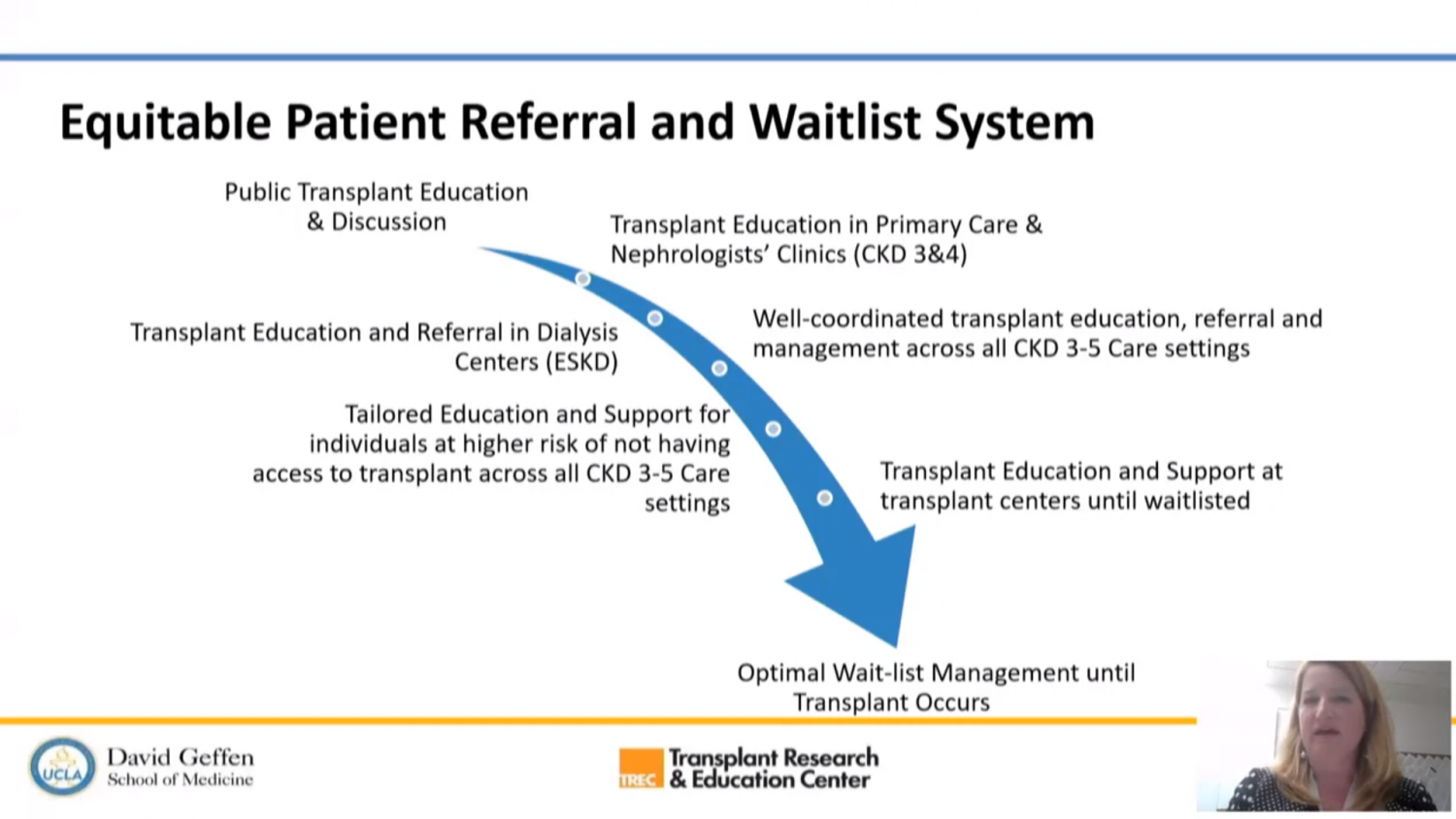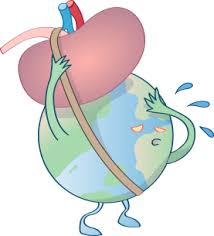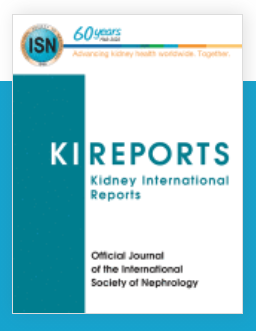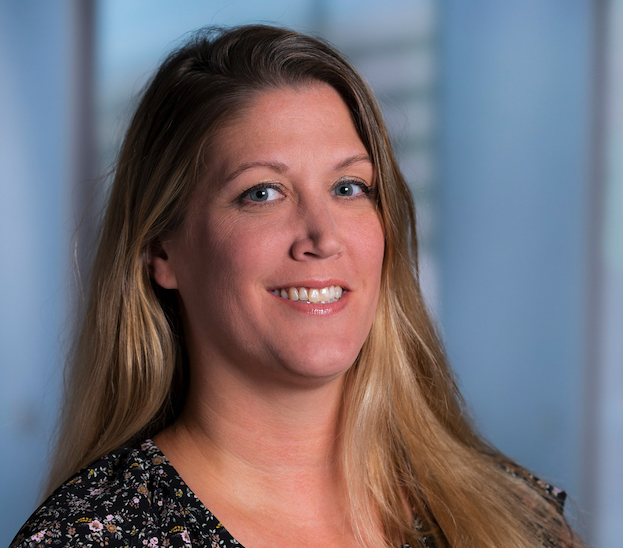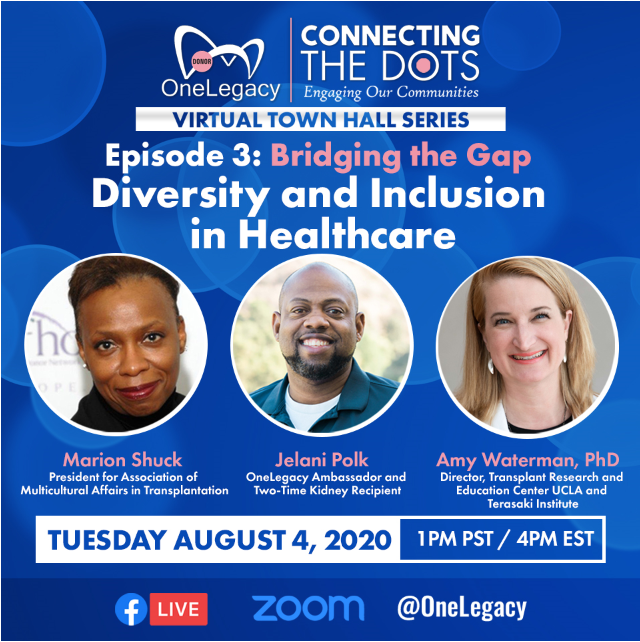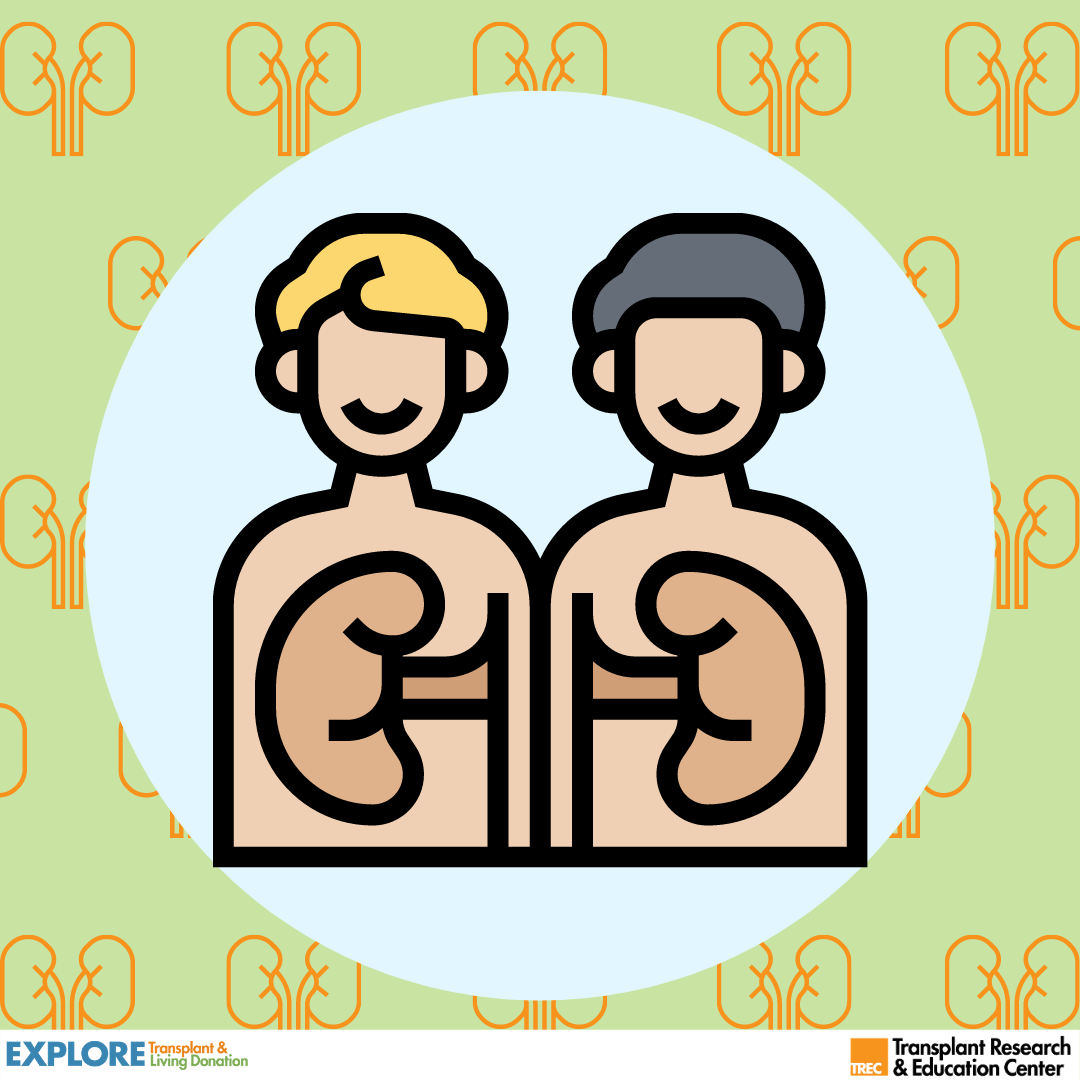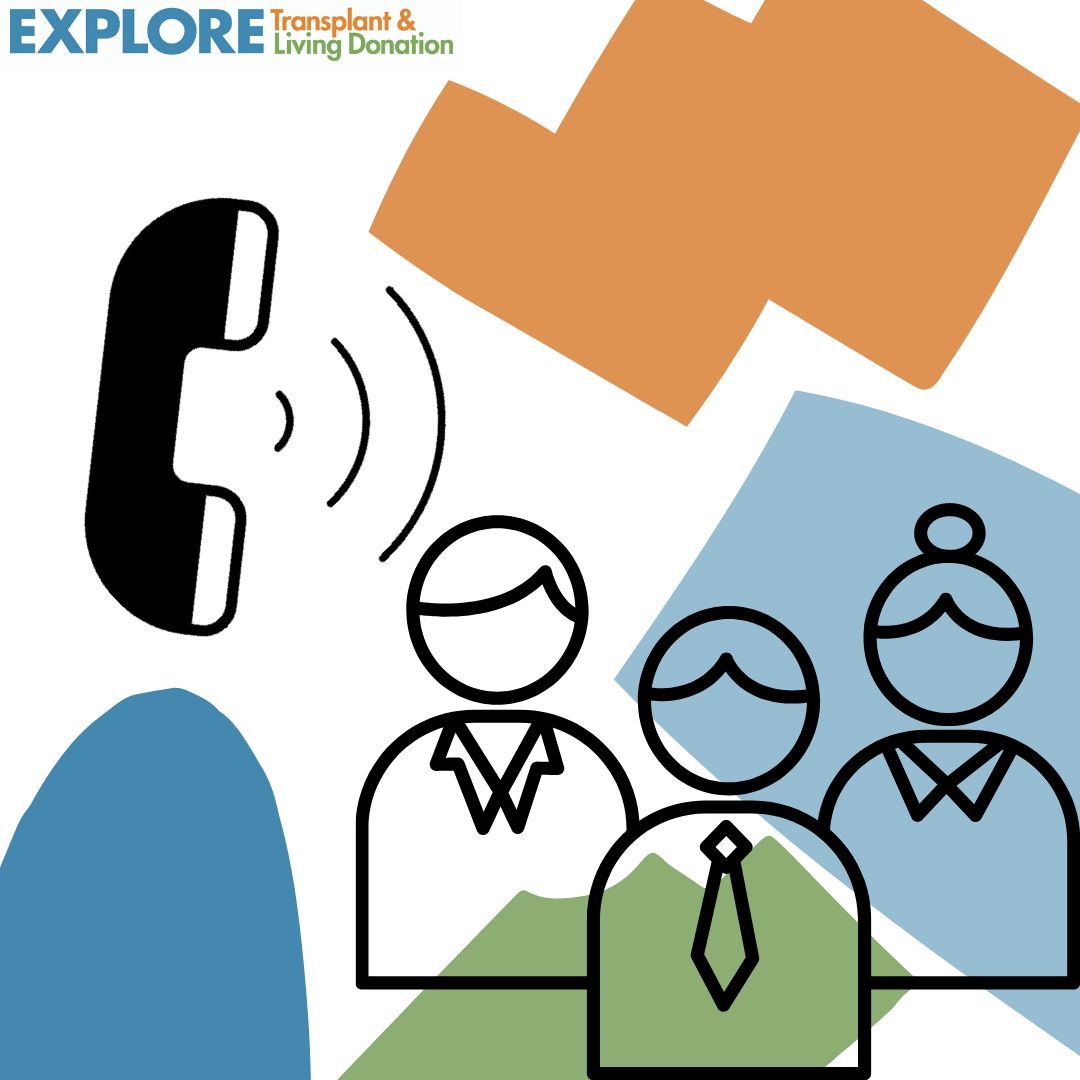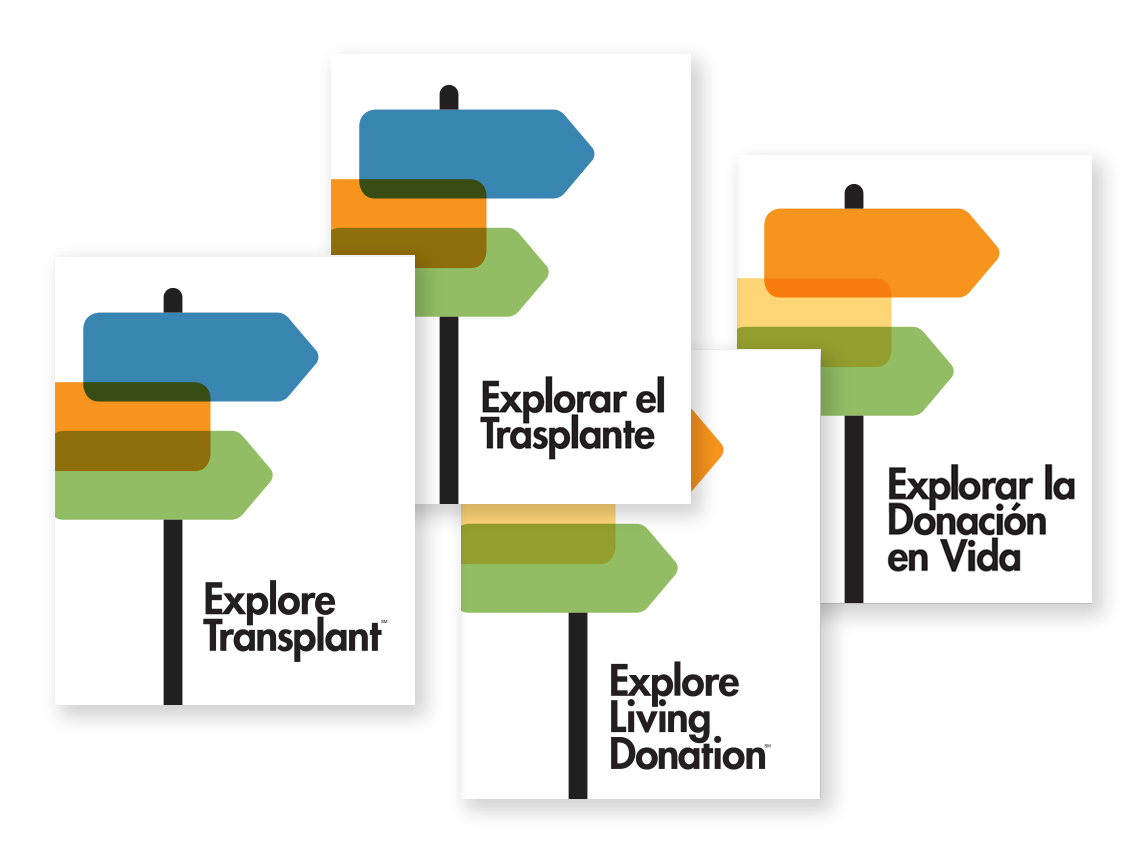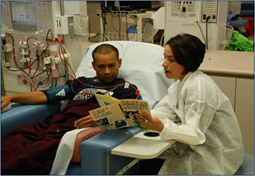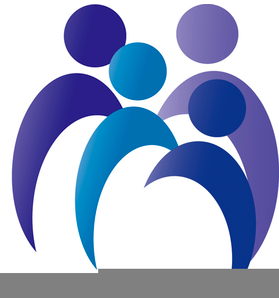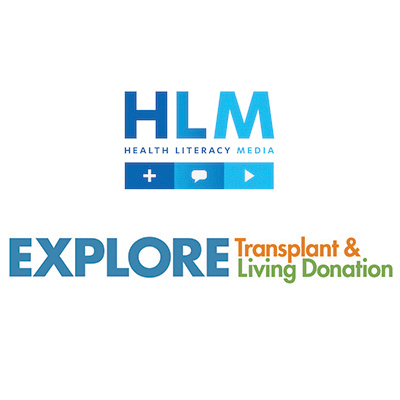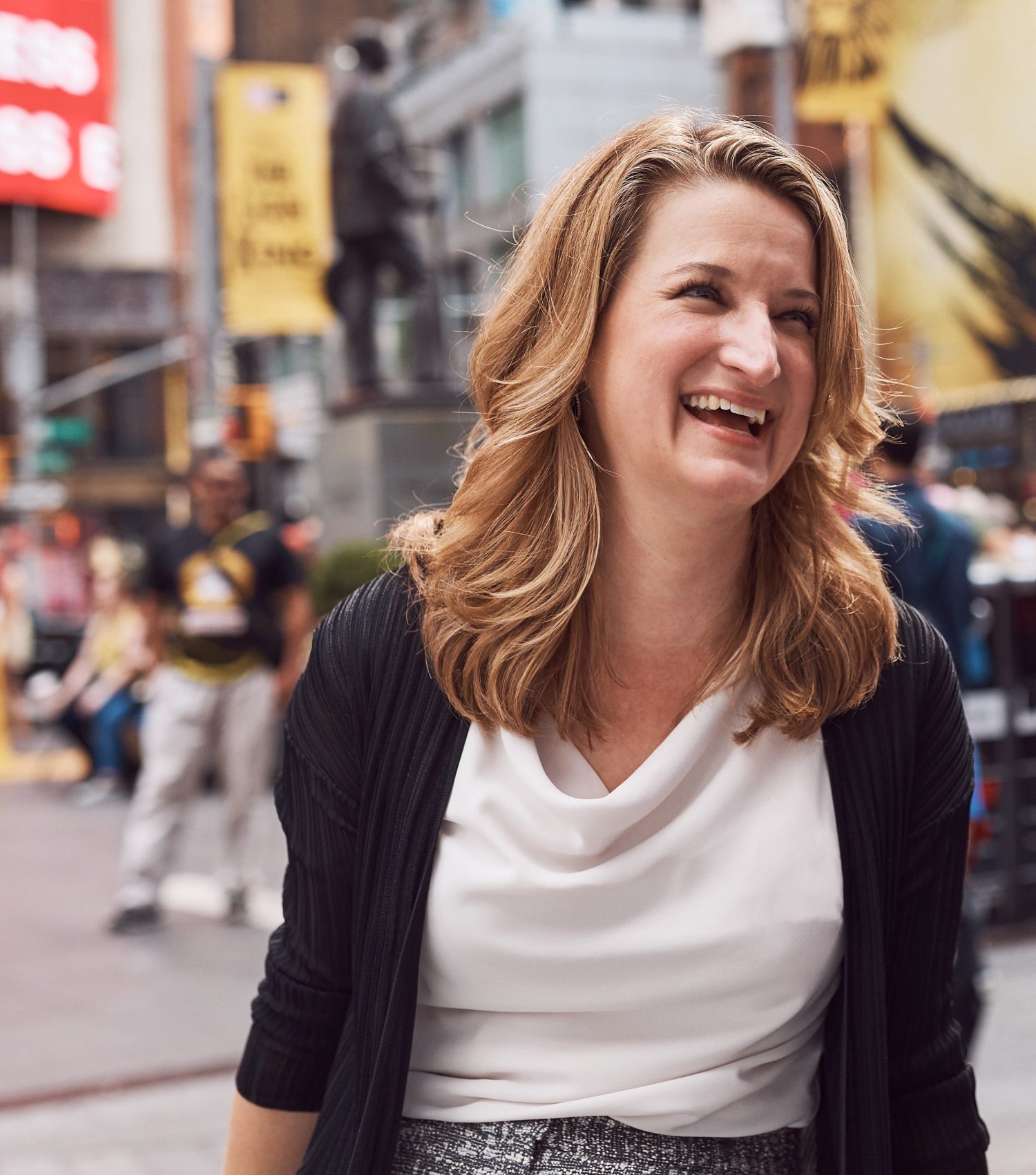Written by Martha Gershun, Guest Blogger When I donated a kidney to a woman I read about in the newspaper in 2018, the idea that xenotransplantation might someday make human organ donations obsolete was a far-fetched fantasy. Today, just seven years later, that fantasy is much closer to reality. The first successful animal-to-human kidney transplant took place one year ago at Massachusetts General Hospital (MGH) in Boston, when surgeons transplanted a kidney from a genetically-modified …
How outdated stigmas can limit living organ donation
Written by Martha Gershun, Guest Blogger No one has ever accused me of being a drug addict. In fact, no one has ever even suggested I drank too much or was impaired in any way due to substance use. I am a pretty reliable, law-abiding, sober person. But in 2017 when I started the process to donate my kidney to a woman I read about in the newspaper, the suspicion of drug abuse almost derailed …
What if one of my children needs a kidney?
Written by Martha Gershun, Guest Blogger When I told people I was planning to donate a kidney to a woman I read about in the newspaper many asked “But what if one of your children (or your husband) needs a kidney someday? You won’t be able to save their life.” The answer for me was easy. I was already 61. The odds that one of my two adult children or my husband, none of whom …
Our first Transplant Games: what we learned from attending the 2022 Transplant Games of America
Written by Alexis Bobu, Scientific Writer, Houston Methodist Hospital Department of Surgery and J.C. Walter, Jr. Transplant Center “Meeting transplant patients and families for the first time was meaningful and fulfilling, adding depth to the work that we do.” The city of San Diego hosted the 2022 Transplant Games of America on July 29 – August 3, 2022 bringing back the world’s largest celebration of life to the transplant community after being canceled in 2020 …
A recap of Dr. Waterman’s participation at the National Academies of Science, Engineering, and Medicine’s virtual public webinar
By Erica Ho, Senior Research & Education Associate On Friday April 16, Dr. Amy Waterman spoke at the National Academies of Science, Engineering, and Medicine’s virtual public webinar, “A Fairer and More Equitable, Cost-Effective, and Transparent System of Donor Organ Procurement, Allocation, and Distribution”. This webinar was held to educate the public on two important aspects of the current state of deceased donor organ transplantation in the country. The morning session comprised of medical leaders …
The global burden of chronic kidney disease
By Erica Ho, Research Associate Did you know that approximately 13% of the world’s population has chronic kidney disease (CKD), and over 10% have end-stage kidney failure1? In the 1990’s, CKD was the 17th most common cause of death in the world, but has risen to 12th by 20172. This may be because previous efforts to reduce CKD and CKD-related mortality either have not been successful, or do not exist. This is an even more …
Important takeaways from the American Association of Kidney Patients annual patient meeting
By Erica Ho, Research and Education Associate On September 11, I attended Day 1 of the American Association of Kidney Patients (AAKP) National Patient Meeting. AAKP is the oldest and largest kidney patient organization in the United States and its mission is to improve the lives of kidney patients through education, advocacy, and community engagement. The National Patient Meeting is an annual event where members of the kidney community can access the latest news and …
Policy change to overcome disparities in kidney transplantation
By Alice Yang, Intern Implementing policy changes to improve access to kidney transplants and overcome disparities is an important first step in reaching these goals, but it is not enough. Three major policy changes have aimed at improving end-stage kidney disease outcomes and increasing access to transplants. These include the kidney allocation system (KAS) in 2014, the Advancing American Kidney Health Initiative in 2019, and finally, new changes implemented by the Centers for Medicare and …
Meet a TREC fellow: an interview with Dr. Terri Menser
At TREC, we have assembled a new group of researchers working in transplantation called the TREC Fellows. Over the next few weeks, we will introduce you to each one by summarizing an interview with them conducted by different staff members in the lab. This week, we will learn about Terri Menser and her experience with kidney transplantation research. Interviewer and author: Katia Dahmani, Intern At Houston Methodist, Menser is conducting transplantation research focused on further …
Dr. Amy Waterman’s participation in a OneLegacy virtual town hall
By Erica Ho, Research Associate On Wednesday, August 4, Dr. Amy Waterman was invited to speak at OneLegacy’s monthly Connecting the Dots Virtual Town Hall. OneLegacy is an organization dedicated to helping people navigate organ, eye, and tissue donations by offering coordination and support services. The topic for this discussion, in accordance with National Minority Donor Awareness Month, was improving diversity and inclusion in healthcare to spread awareness about organ donation among minority groups. Dr. …
The importance of tailored education to address transplant disparities
By Annika Pearson, Guest TREC Communication Writer A recent study titled, “Ethnic background is associated with no live kidney donor identified at the time of first transplant assessment—an opportunity missed? A single-center retrospective cohort study”, suggests that people from different minority ethnicity groups are not given the same amount or quality of information about their options for managing chronic kidney disease or for renal replacement therapies like transplantation, as others. Research has shown that patients …
What it is like to be an intern at TREC
By Jessica Nunez, Intern Hello, my name is Jessica Nunez and I am from Santa Clarita, California. I am entering my fourth year at UCLA, majoring in Cognitive Science and Spanish, Community and Culture. I have been interning at Transplant Research and Education Center (TREC) since March 2019. As a freshman, I was overwhelmed with the school dynamic and completed multiple searches in efforts to find a job that encompassed my passions and brought a …
Surveying Spanish-speaking kidney patients
By Yaquelin Arevalo Iraheta, Junior Research Associate. Using an interpreter is worse than having both the patient and provider speak the same language because it loses the personal and intimate element between both parties. Breaking the language barrier that Spanish-speaking patients face when receiving healthcare can also help them overcome cultural barriers such as mistrust of their provider. One of the research projects going on at the Transplant Research and Education Center (TREC) involves surveying …
Recommendations for making transplant education accessible for patients with CKD stages 3-5
By Grace H. Kim, Research Associate The recent publication, “Recommendations for Systematizing Transplant Education Within a Care Delivery System for Patients with Chronic Kidney Disease Stages 3 to 5”1 by Waterman et al., discusses the findings from a telephone survey of 40 kidney patients, 13 support persons, and 10 providers who were asked about barriers to transplant education and their educational preferences. This review highlights the key barriers identified by chronic kidney disease (CKD) and …
ET @Home improves decision-making for black & low-income patients
By Anne Osuji, Research Associate & Jessica Nunez, Intern Access to Transplant Education is Unequal There are more than 700,000 Americans with kidneys that can no longer support the needs of the body to remove waste and excess fluid; they have End-Stage Kidney Disease (ESKD).1 Patients with ESKD must either receive frequent dialysis or receive a kidney transplant from a deceased or living donor in order to stay alive. Because waiting for a kidney from …
QIP changes are coming in 2020: Is your dialysis center ready? The Kidney Transplant Toolkit can help
For Professionals in Nephrology, Dialysis, and Transplant: A discussion of CMS ESRD QIP changes that could impact your funding and the Toolkit that will help you be ready CMS requires dialysis centers to increase patients wait-listed for transplant Earlier this year, the Centers for Medicare and Medicaid Services (CMS) announced that, as part of its ESRD Quality Incentive Program (QIP) starting January 1, 2020, dialysis facilities will be required to report their Percentage of Prevalent …
Celebrating clarity, saving lives
A few days ago, we celebrated a win for everyone affected by kidney disease as one of the uncertainties facing living kidney donors was erased. In response to Congresswoman Jaime Herrera Beutler’s (R-WA) amendment of the Family and Medical Leave Act, the U.S. Labor Department issued a legal opinion stating its agreement that kidney donation qualifies as a “serious health condition.” The August 28 opinion’s introductory words are as follows: “This letter responds to your …
Putting Explore Transplant into action
One of the ways we at the Transplant Research and Education Center serve kidney patients is through Explore Transplant, a multi-level consortium of the leading experts in transplant, and a key partner in this endeavor is Health Literacy Media (HLM). In order to get the educational tools we have developed to the people who need it most – the patients – HLM does in-person trainings and workshops with dialysis providers and other professionals caring for …
Dr. Waterman on resilience and making a difference
We are very excited that TREC’s visionary director, Dr. Amy Waterman, is profiled on The M Dash: Live with purpose, MM.Lafleur’s blog celebrating strong women who make a difference. MM.LaFleur designs wardrobes for women who need to look great in public appearances and behind the scenes but don’t have the time to do a lot of shopping – which fits our director to a T. Dr. Waterman’s profile in MM.LaFleur’s “Women of the Week” column …

